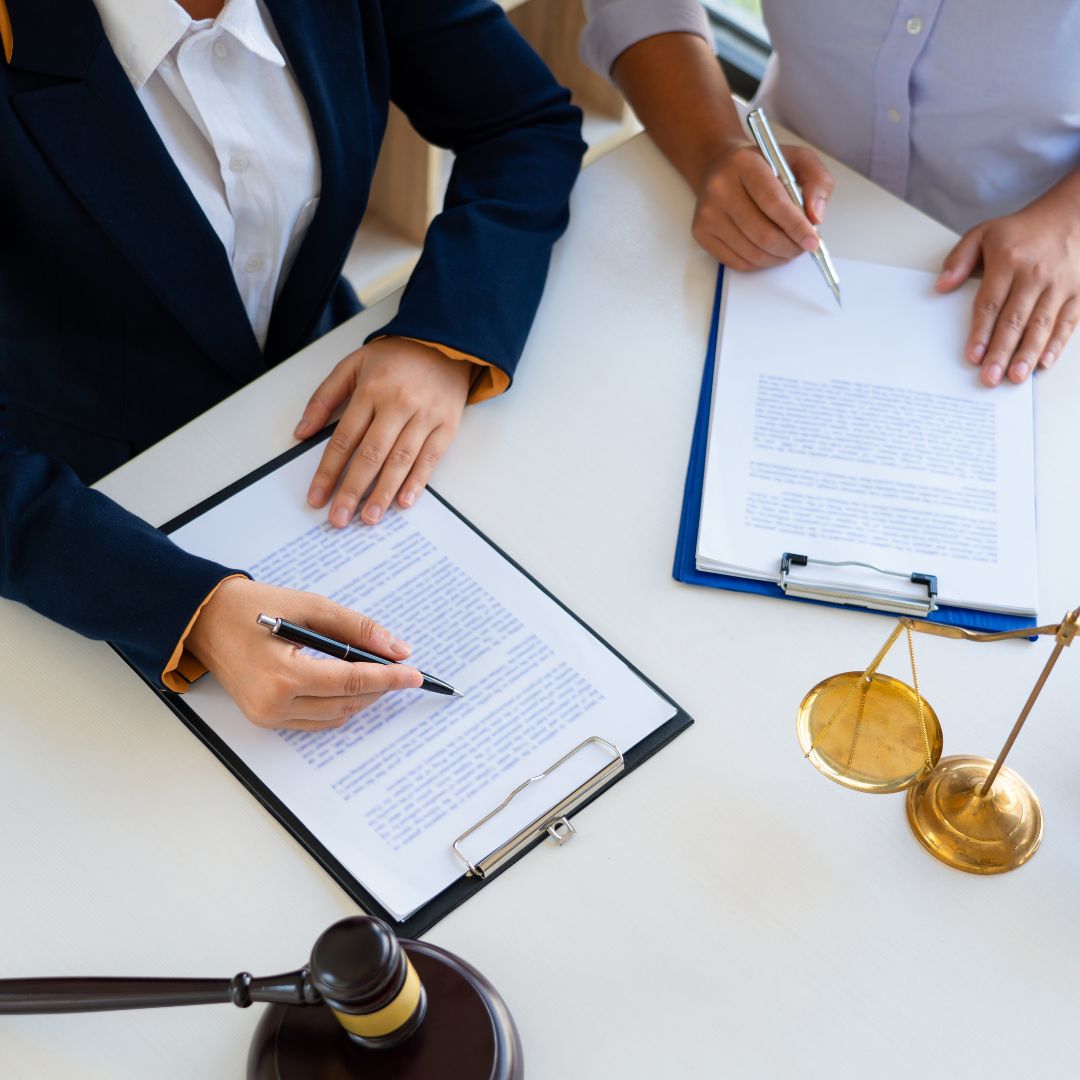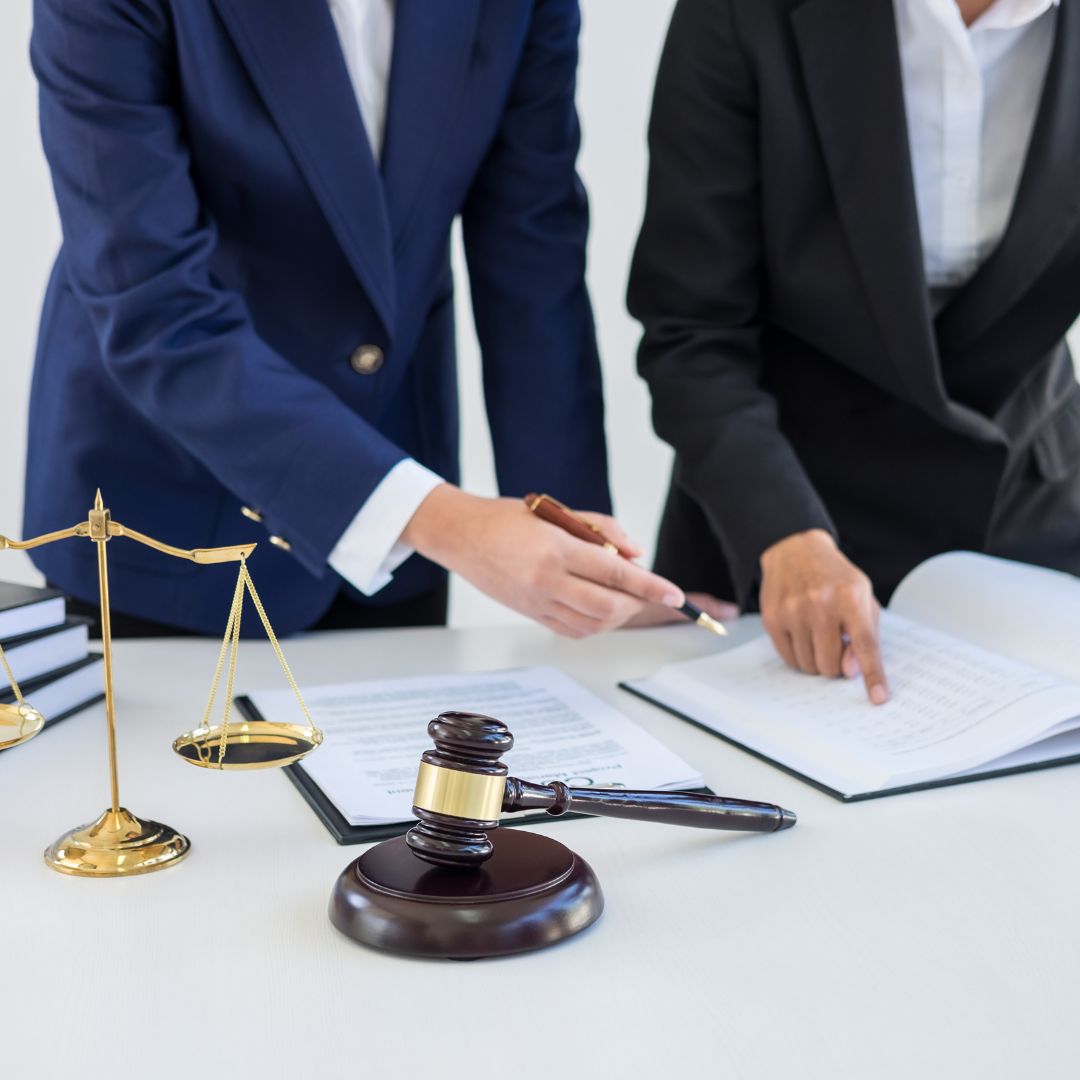The First Associate Who Never Touched a Binder
When Maya joined a top-100 firm in 2025, she expected long nights red-lining contracts and reviewing discovery boxes.
Instead, her first project was reviewing AI-generated clauses in a client’s M&A draft.
No binders. No dictation.
Her challenge wasn’t endurance; it was judgment.
This is the new training ground of Big Law.
Automation Has Already Arrived
AI-powered tools from Litera, Harvey, and Casetext are now handling document review, contract analysis, and research summaries once assigned to first-years.
A 2025 Thomson Reuters Institute report found that 81 % of large law firms are actively experimenting with GenAI tools, and 43 % have deployed them in live client matters (Thomson Reuters).
That’s efficiency but it’s also disruption.
The traditional “learn by doing grunt work” path is disappearing.
And for Gen Z associates, that’s both opportunity and anxiety.
The New Fear: Will AI Replace Learning?
Senior partners worry that automation will deskill the next generation.
Gen Z lawyers, meanwhile, worry their careers will stall if they can’t prove human value early.
In Bloomberg Law’s 2025 Future of Work Survey, 61 % of associates said they expect AI to handle at least a quarter of their routine work within two years. Yet 70 % said they receive little or no training on how to collaborate effectively with those tools.
That’s the gap SRA helps firms close; not by resisting AI, but by re-engineering training and feedback around it.
Redefining Development in an AI-Driven Practice
At SRA, we believe AI should accelerate learning, not replace it.
That means redesigning evaluation systems around new skills ; judgment, interpretation, and communication instead of raw output.
Our clients now measure:
- Prompt Quality & Analysis: Can associates guide AI toward precise, ethical outcomes?
- Collaborative Judgment: How do they integrate partner feedback with AI output?
- Critical Oversight: Do they verify sources, context, and tone before submission?
To support this, SRA builds frameworks where technology and mentorship work side by side:
- AI-Supported Feedback Dashboards capture how associates adapt to new tools.
- Competency Maps highlight evolving skills like strategic reasoning and data interpretation.
- 360° Reviews include input from partners and knowledge teams who oversee AI use.
The result is a system that teaches discernment; the one thing machines can’t replicate.
A Firm That Got It Right
One Am Law 200 firm piloting SRA’s AI-ready performance model found that associate efficiency rose 24 % and billable-quality hours increased 12 %, while satisfaction scores also climbed.
Their innovation officer summarized it best:
“We stopped measuring how fast people worked, and started measuring how well they thought.”
The Hybrid Future: Human + Machine
Gen Z lawyers aren’t afraid of automation; they expect it.
They see AI as a partner, not a threat.
If firms give them the structure, feedback, and mentoring to thrive alongside these tools, Big Law’s future will be both faster and smarter.
But if firms ignore the shift, they risk losing a generation that could have built the bridge between tradition and technology.
The SRA Edge
SRA’s AI-adaptive performance systems help firms:
- Re-define evaluation criteria for hybrid human-machine work.
- Build real-time feedback dashboards that track learning and innovation.
- Train partners to coach judgment, not just efficiency.
By aligning technology with human development, we help firms keep Gen Z engaged, prepared, and inspired.
Ready to future-proof your feedback and performance systems for the Gen Z + AI era?
Talk to SRA about building a smarter, data-driven framework book a consultation.


